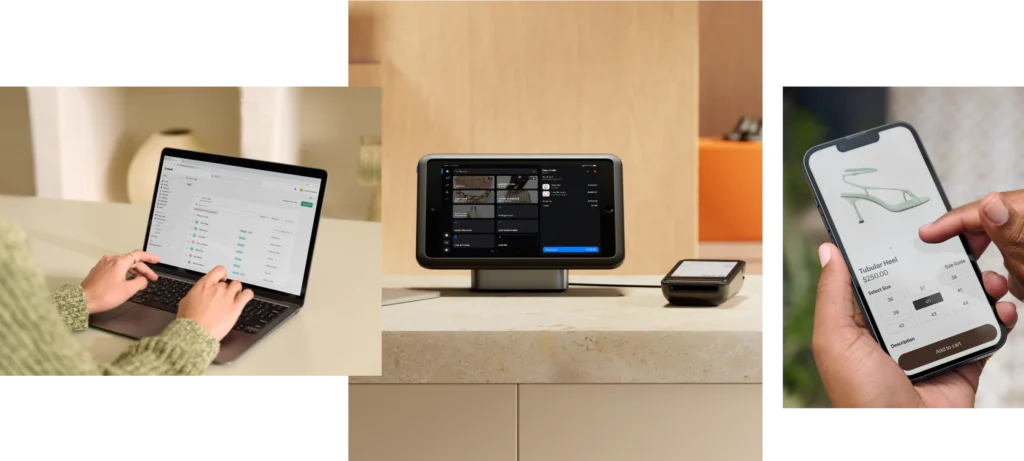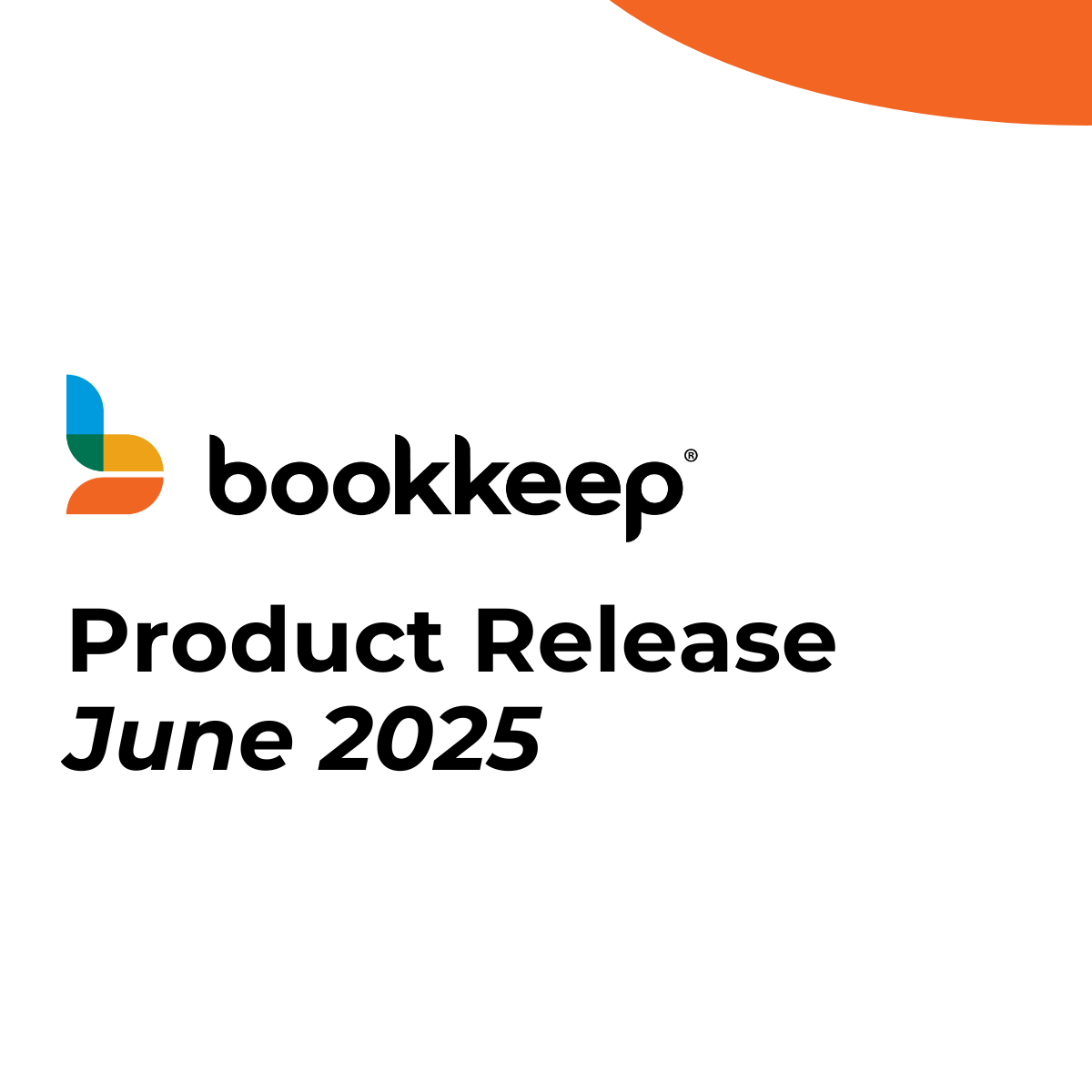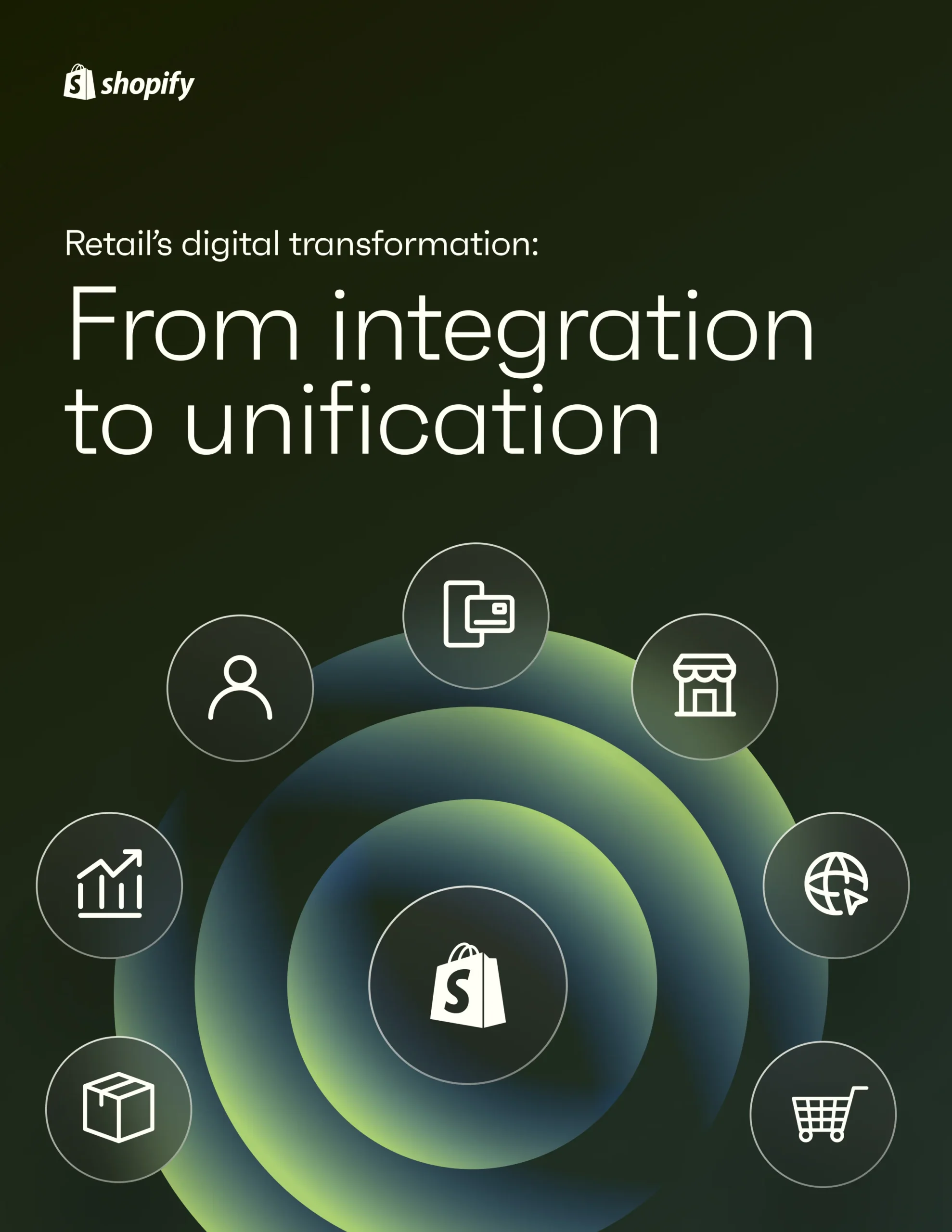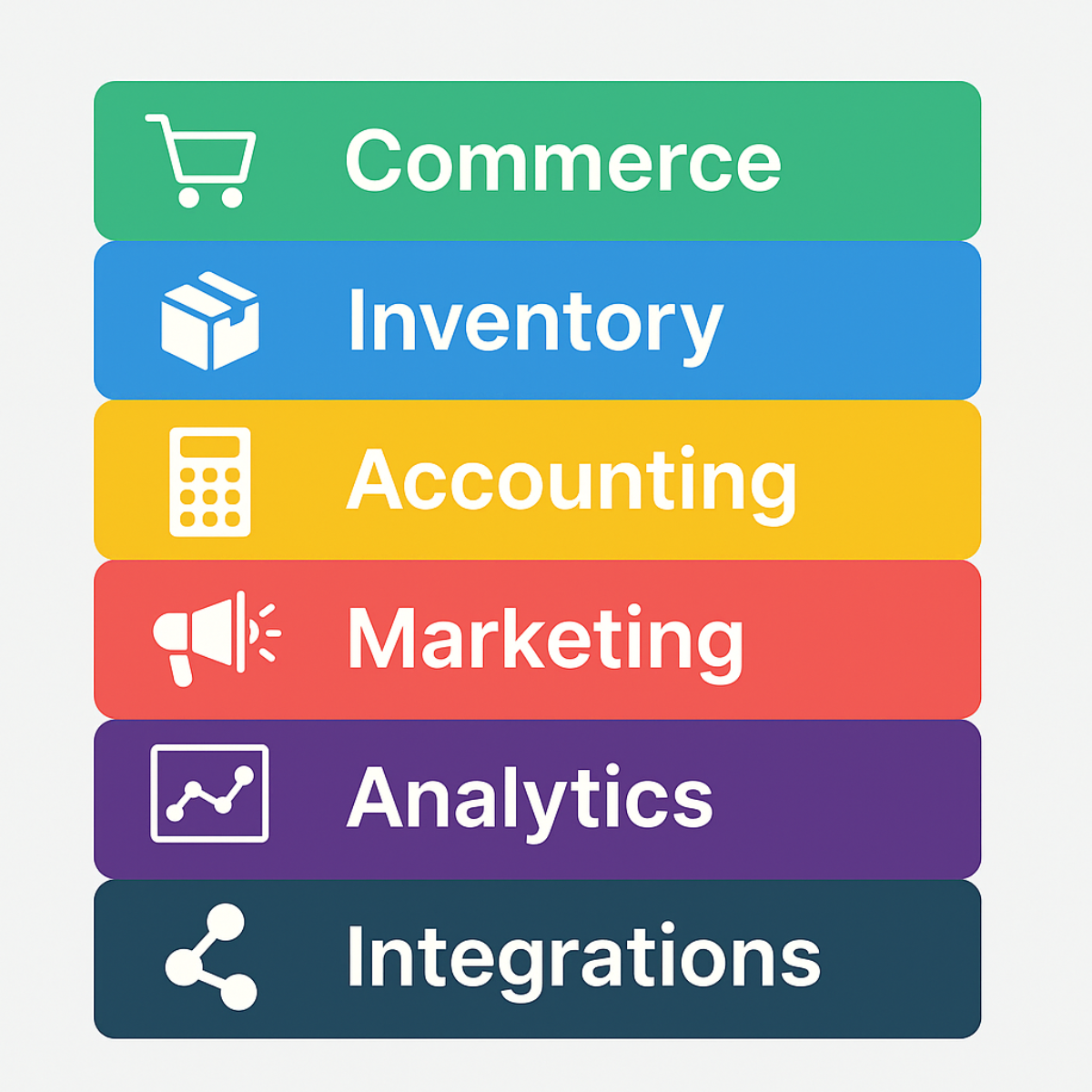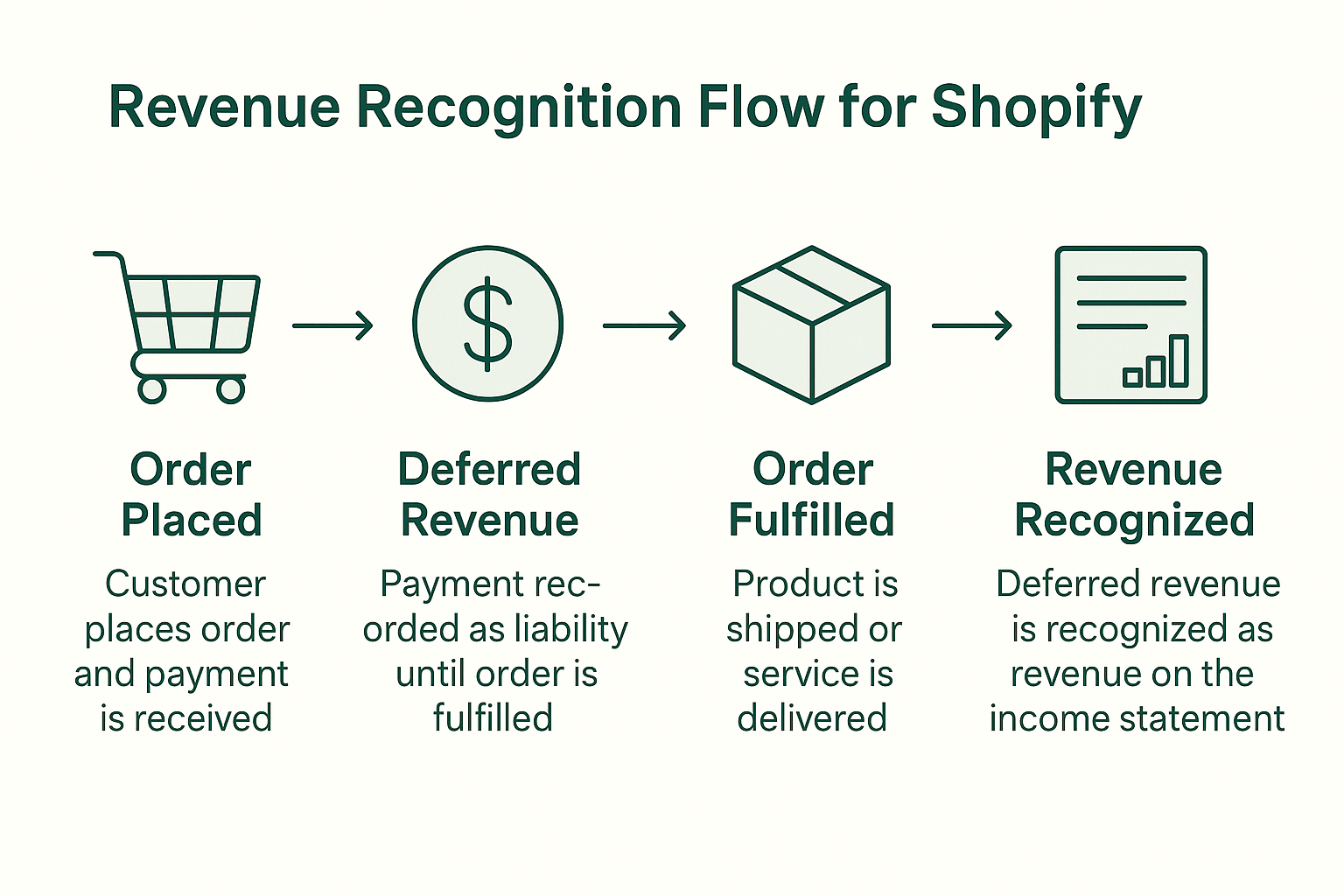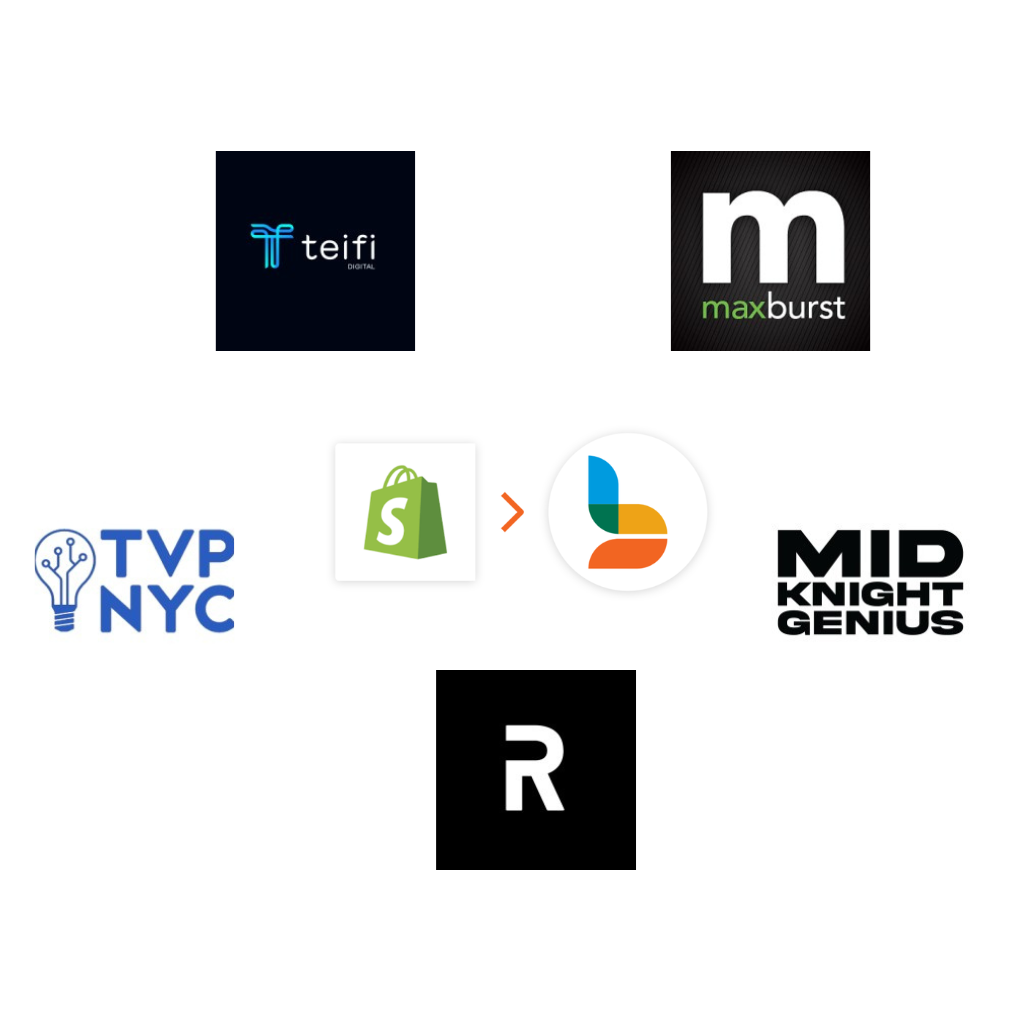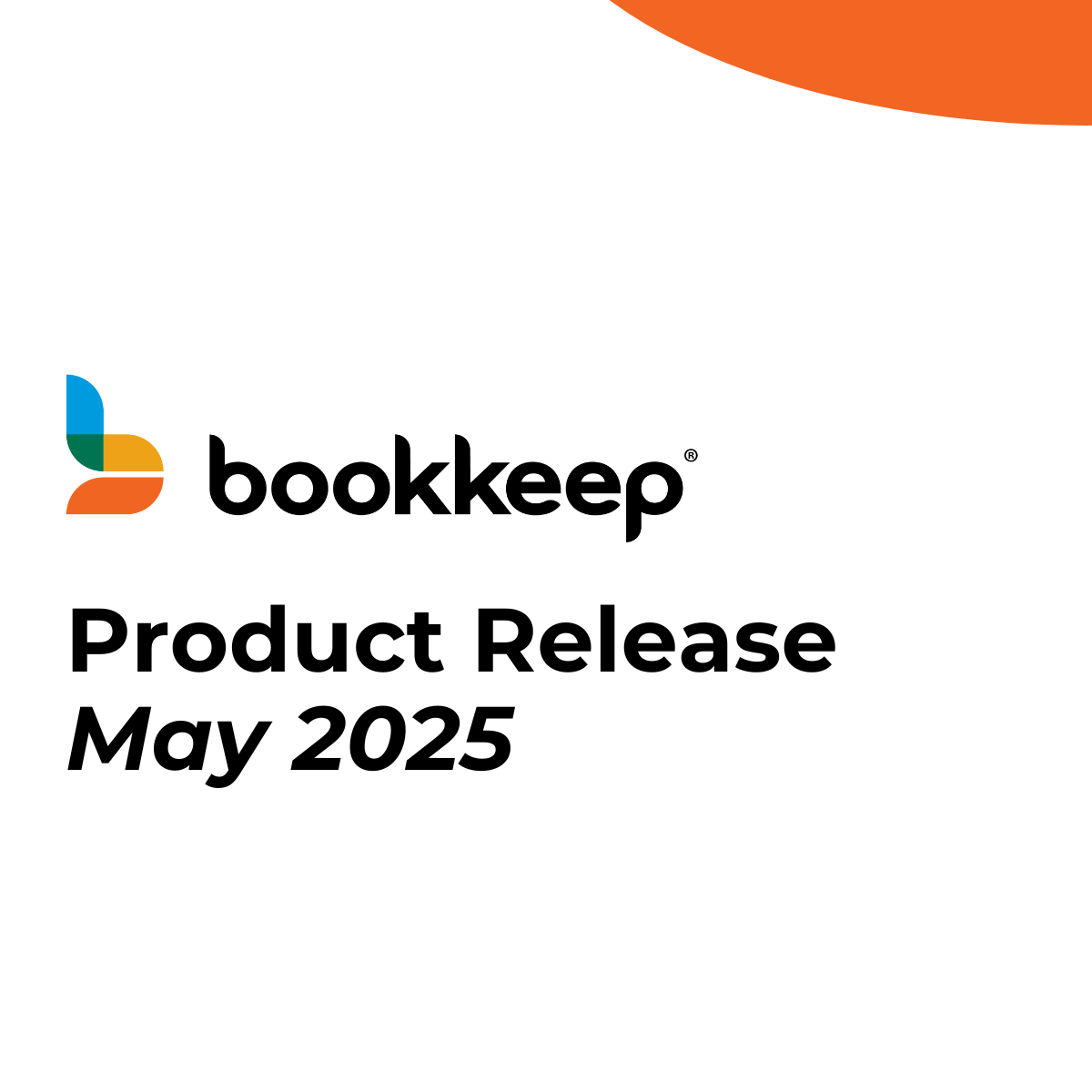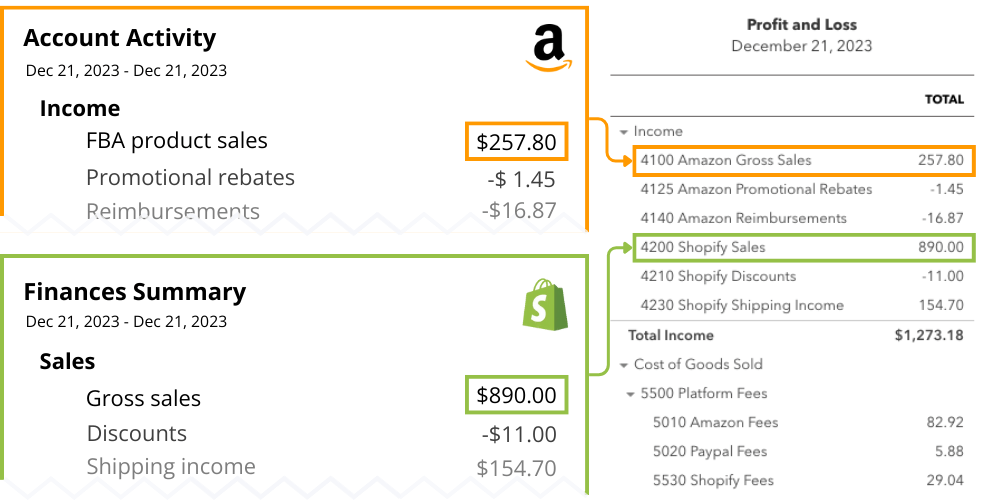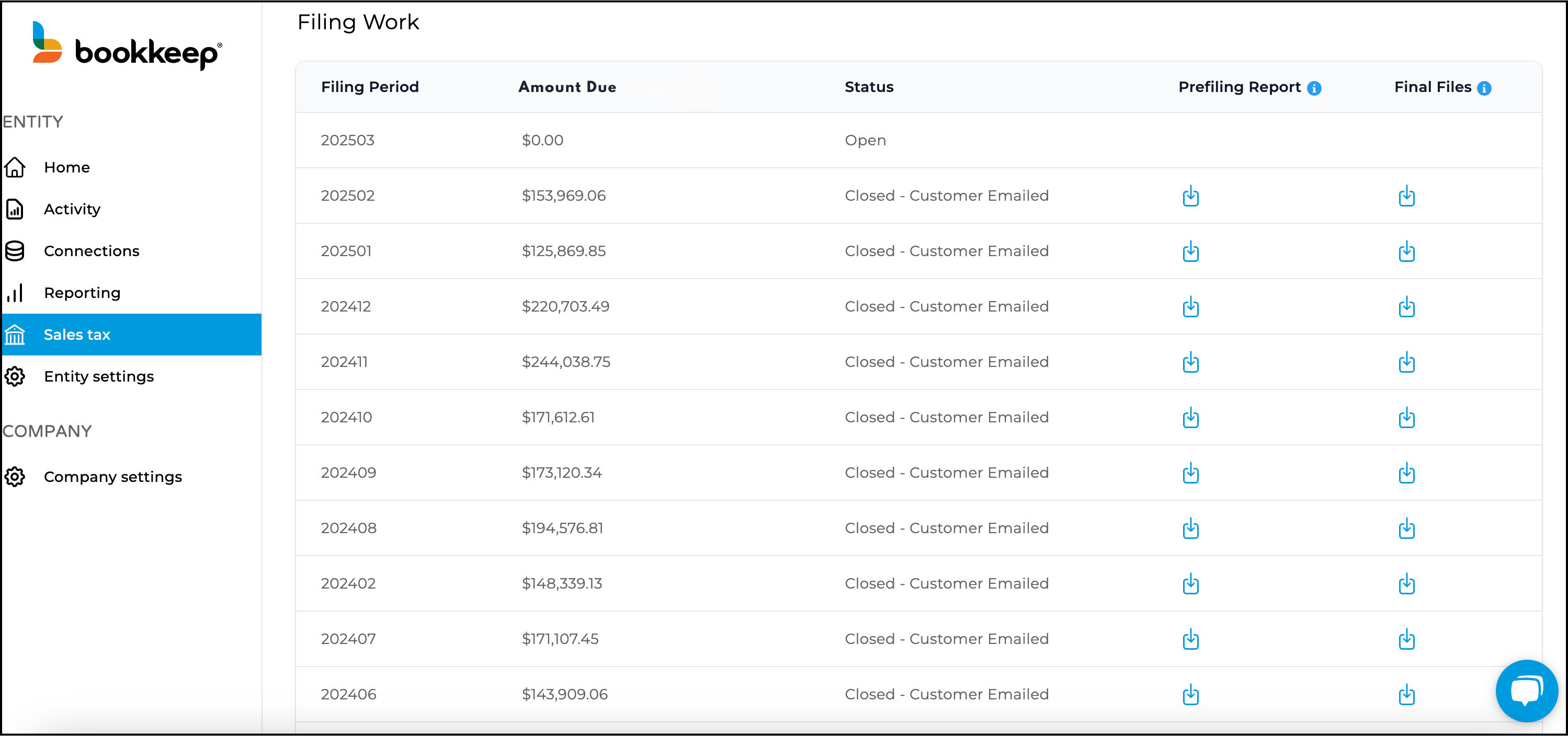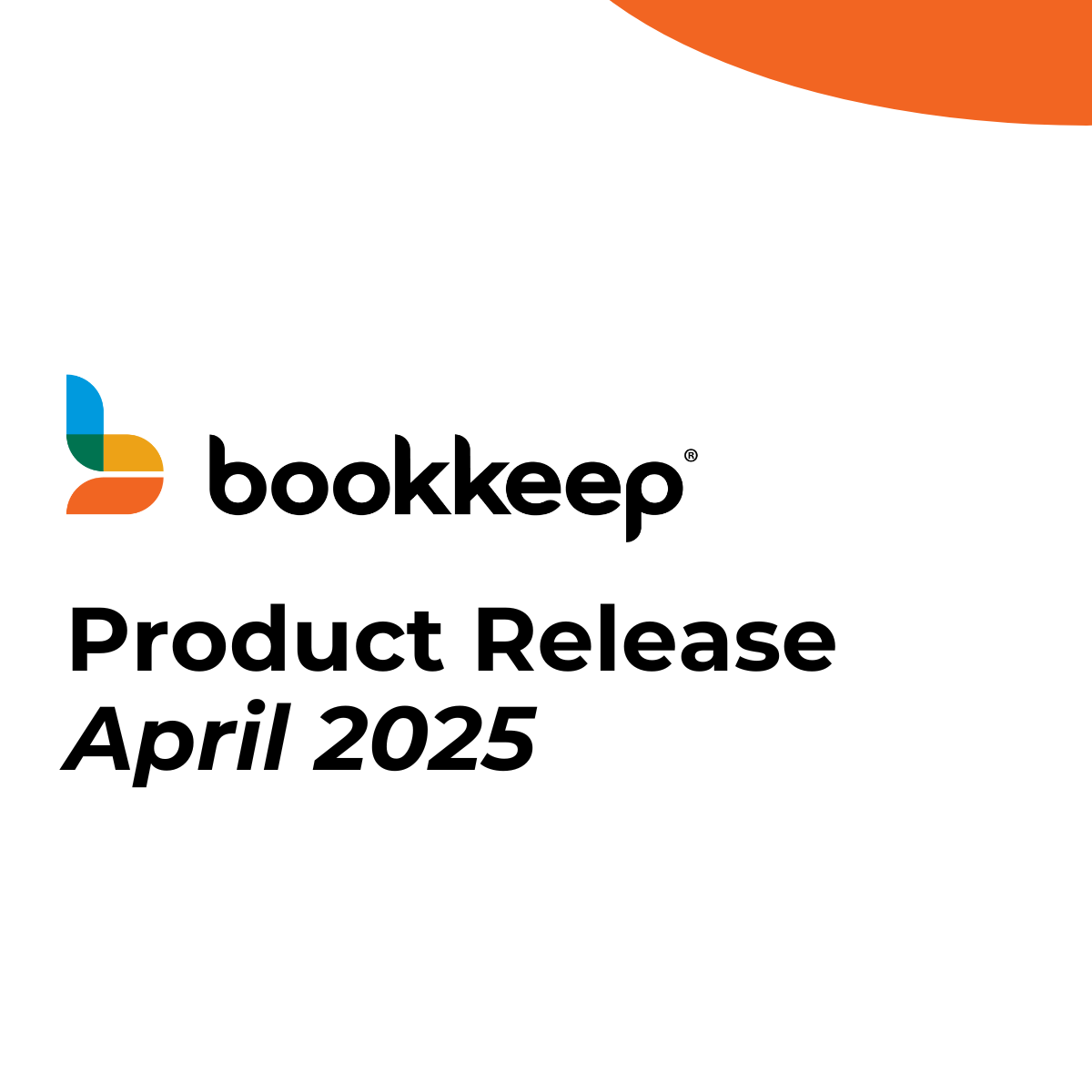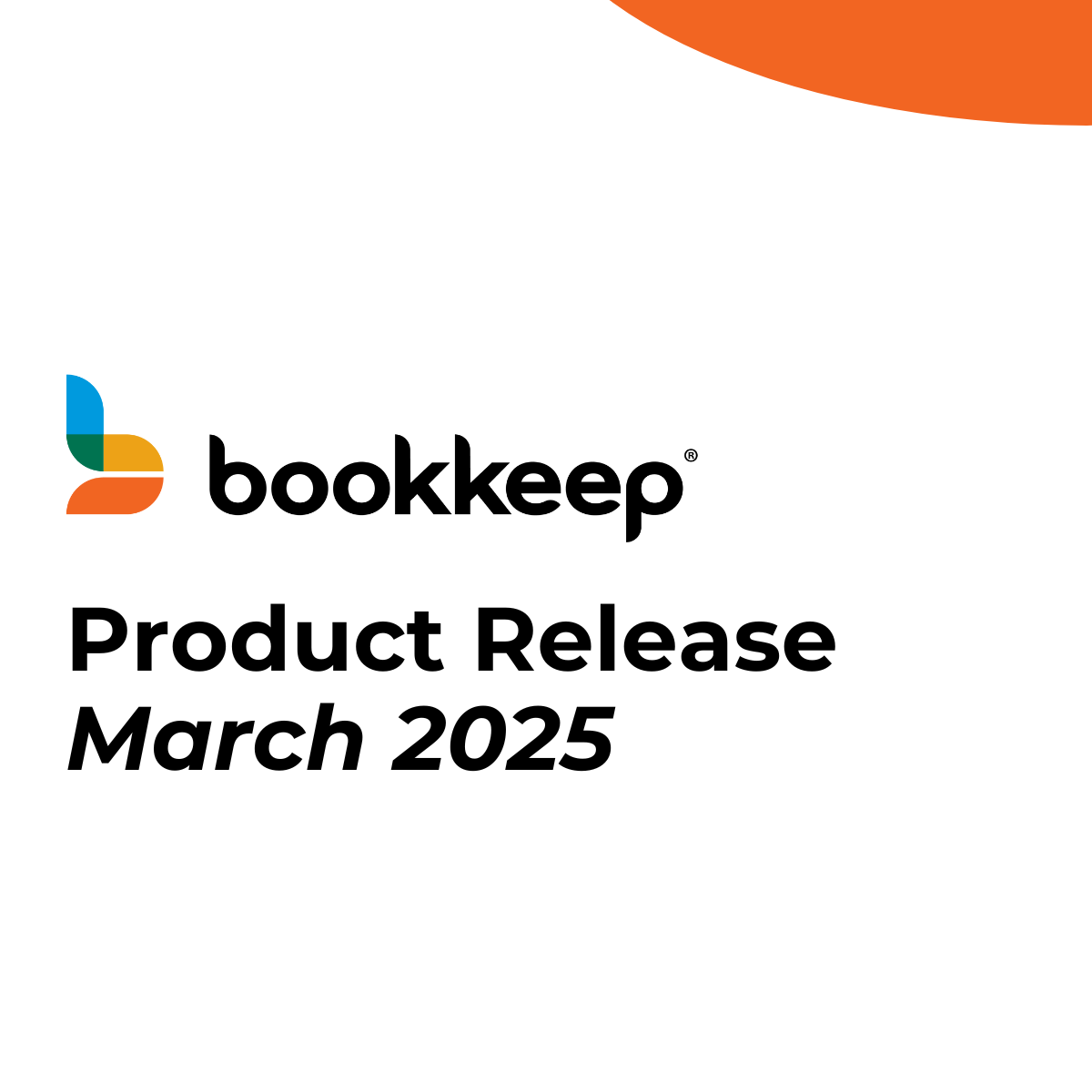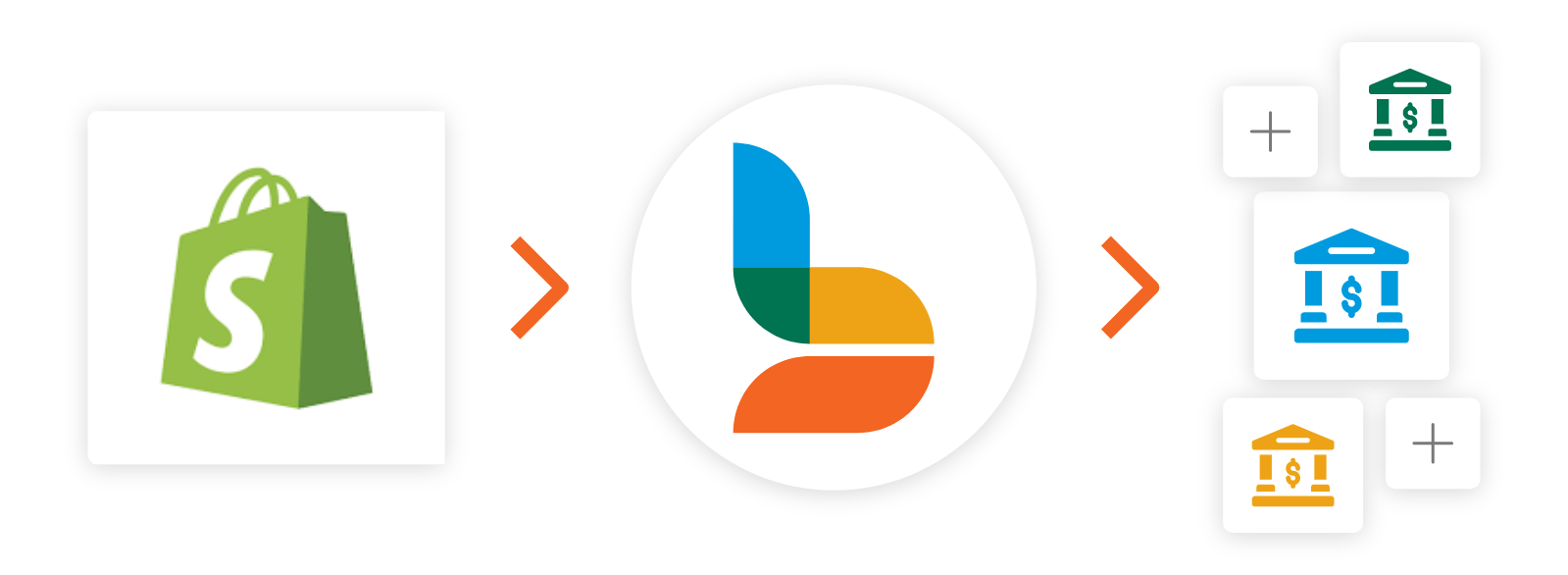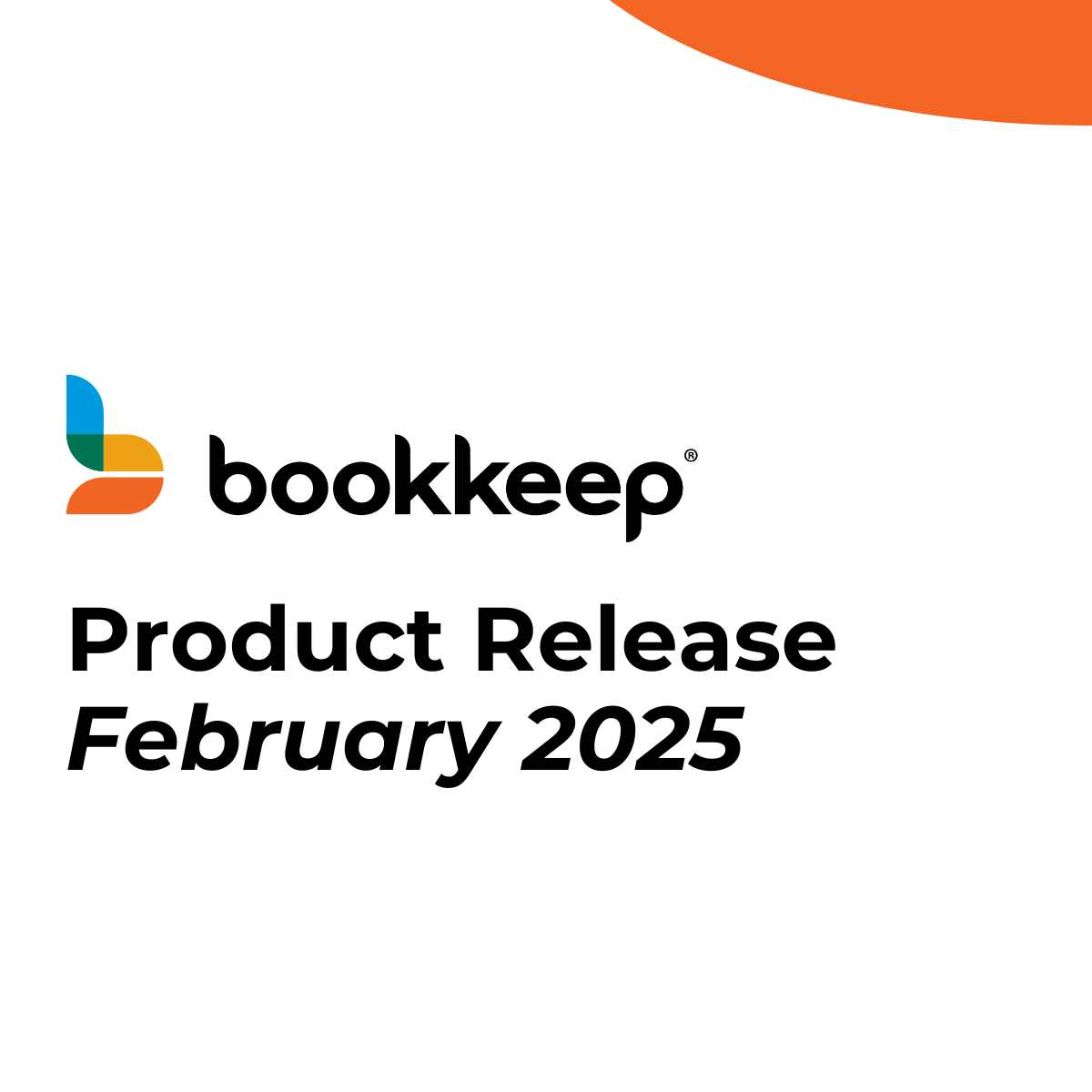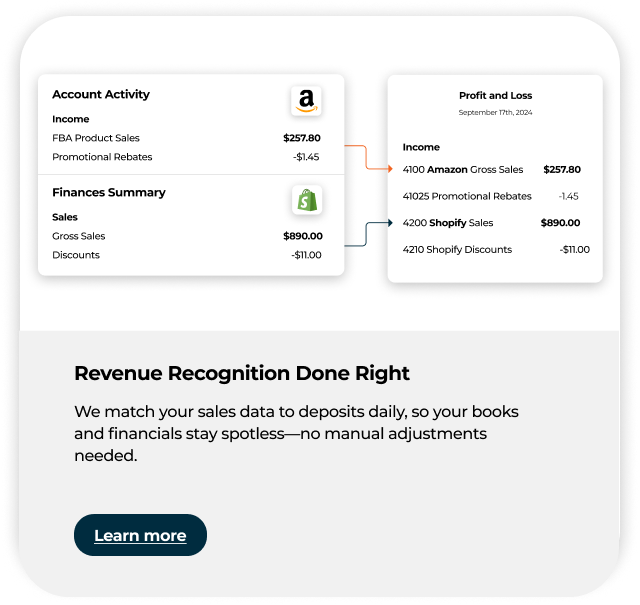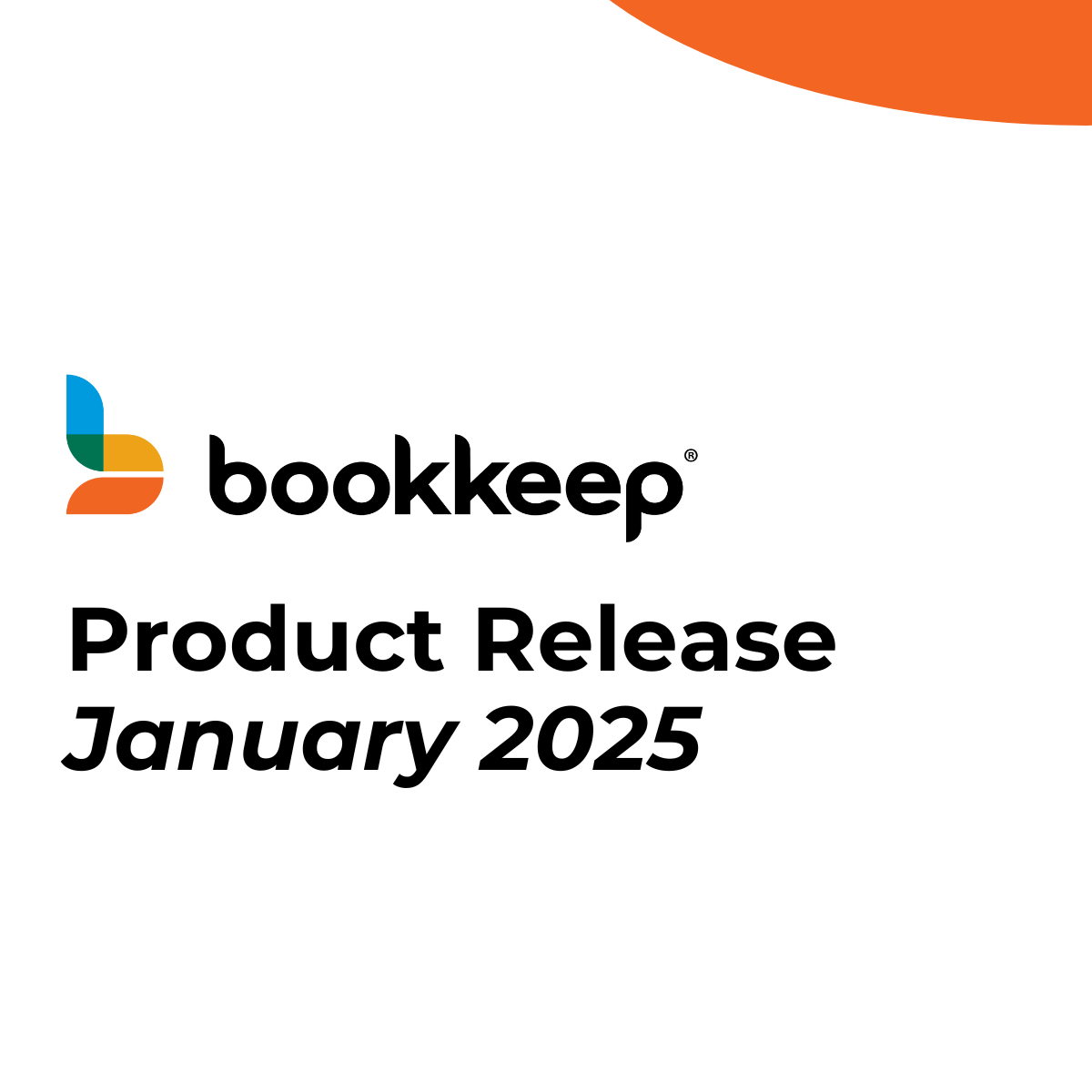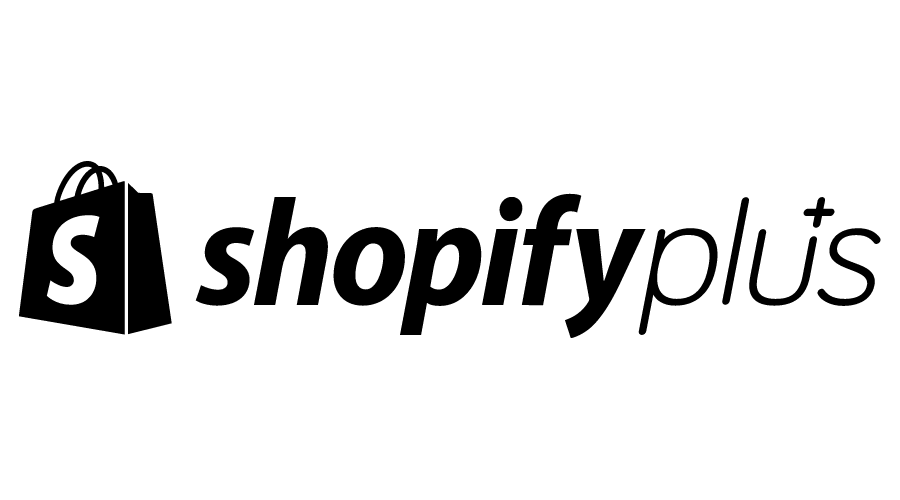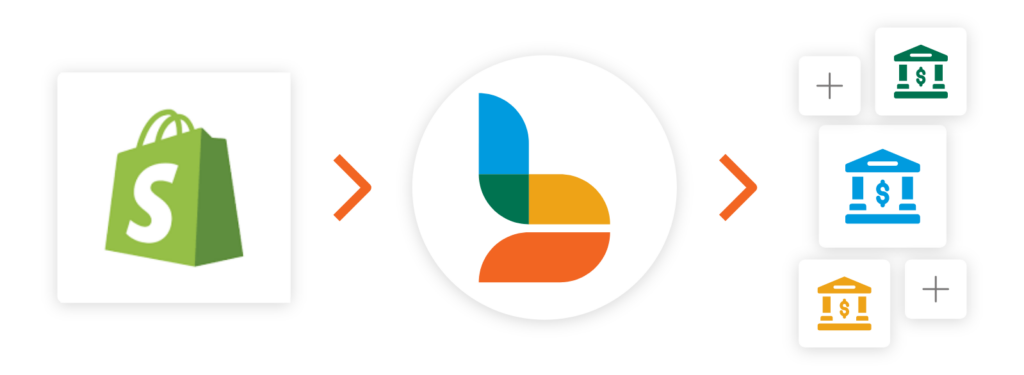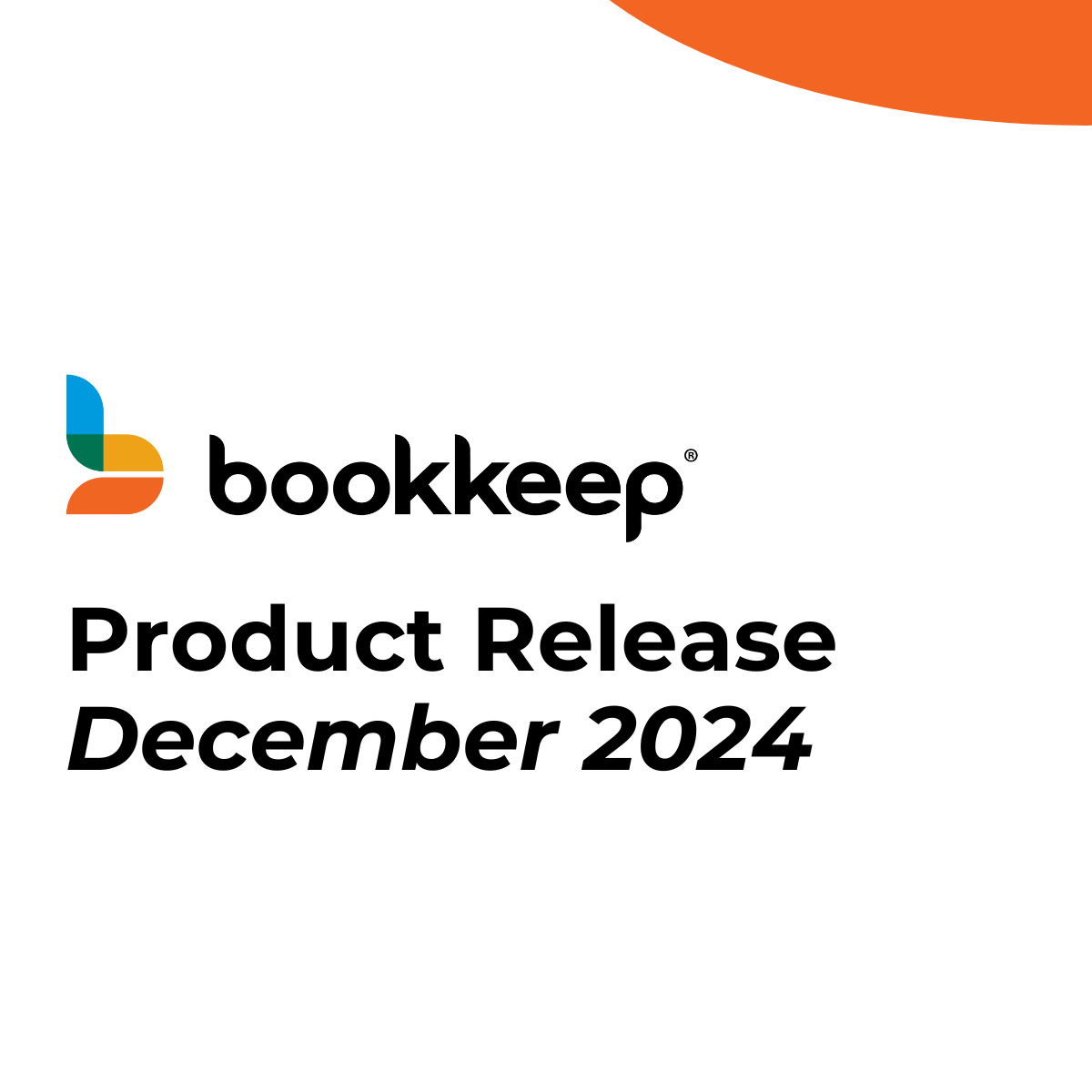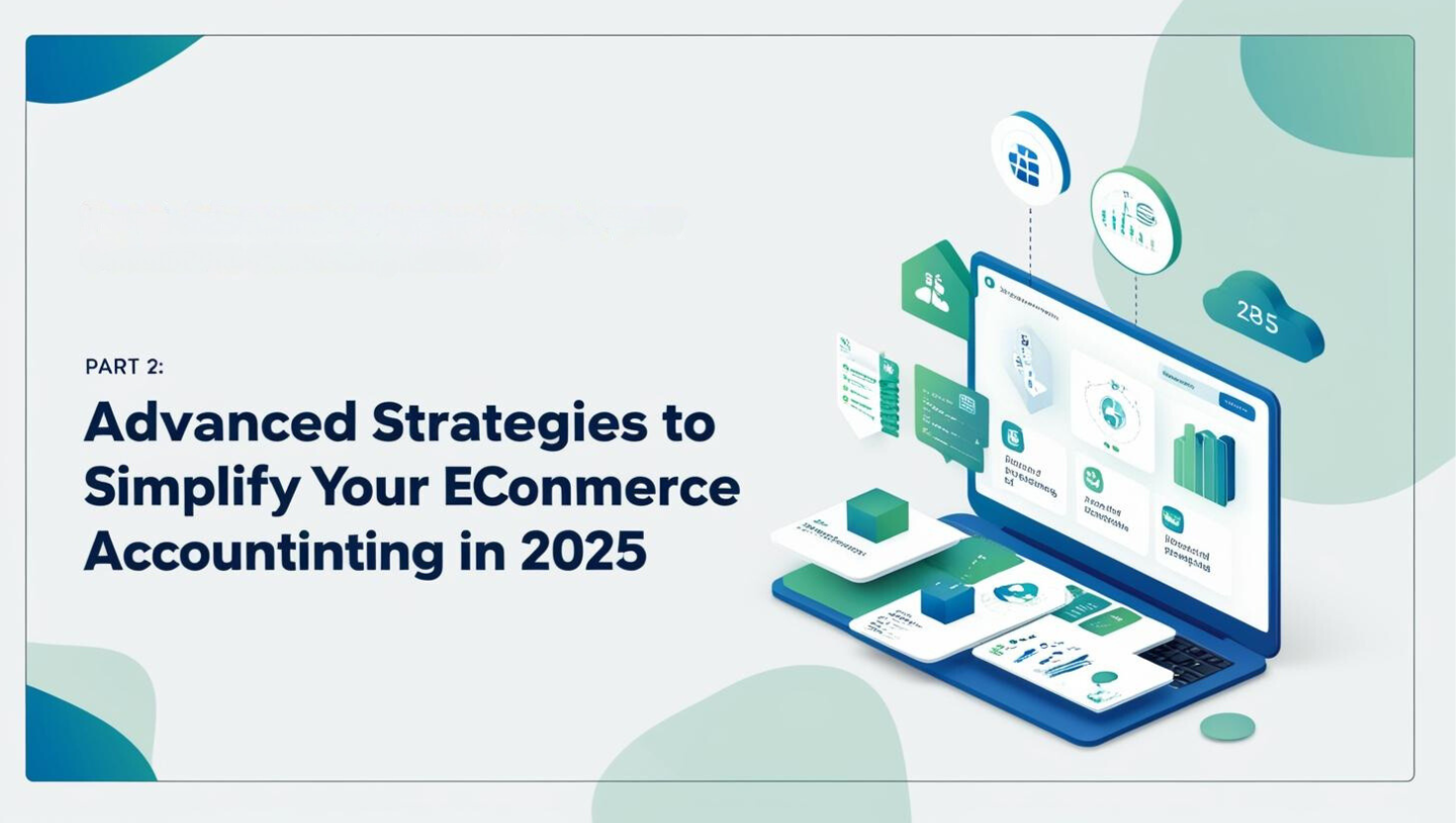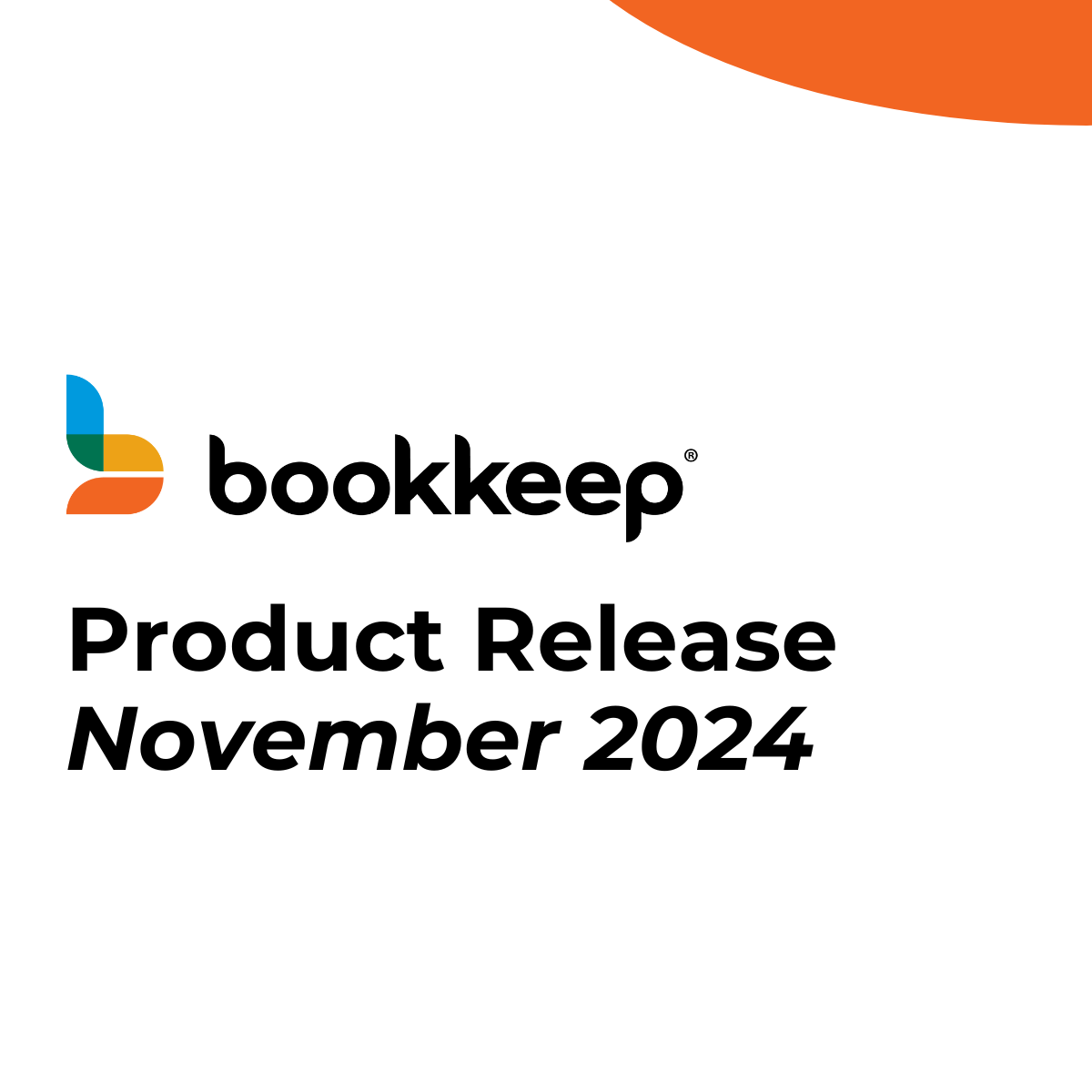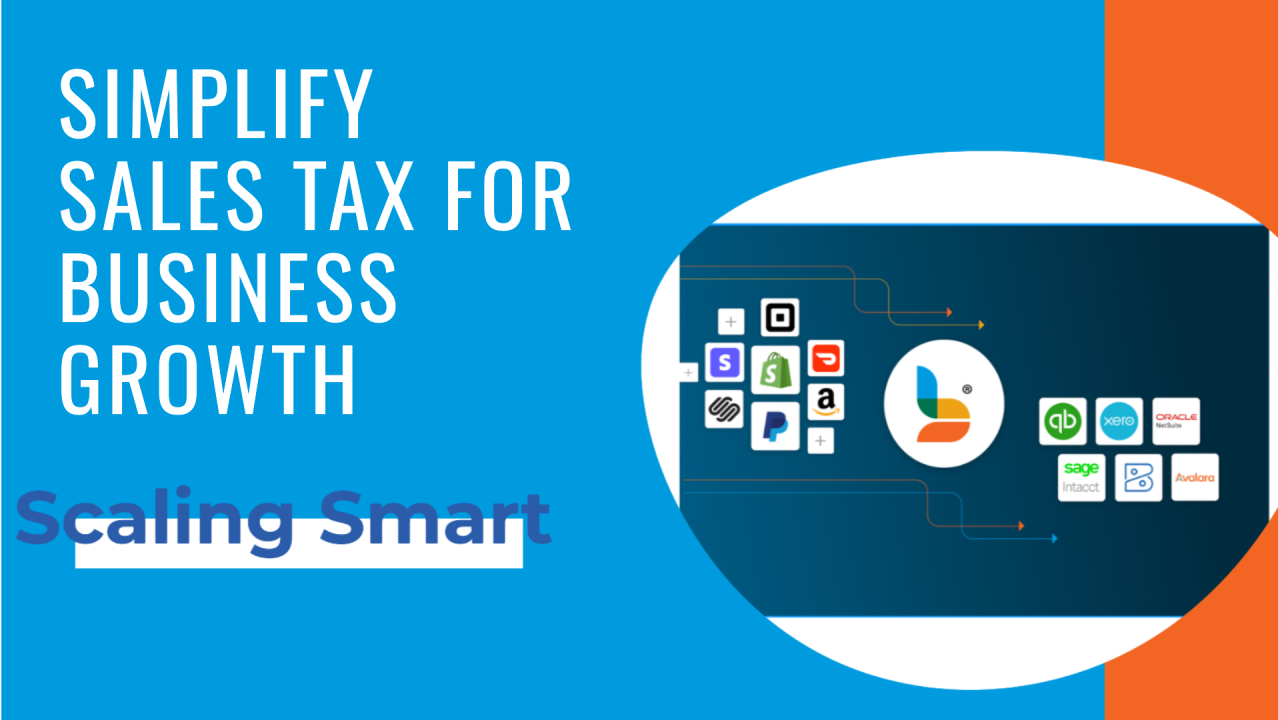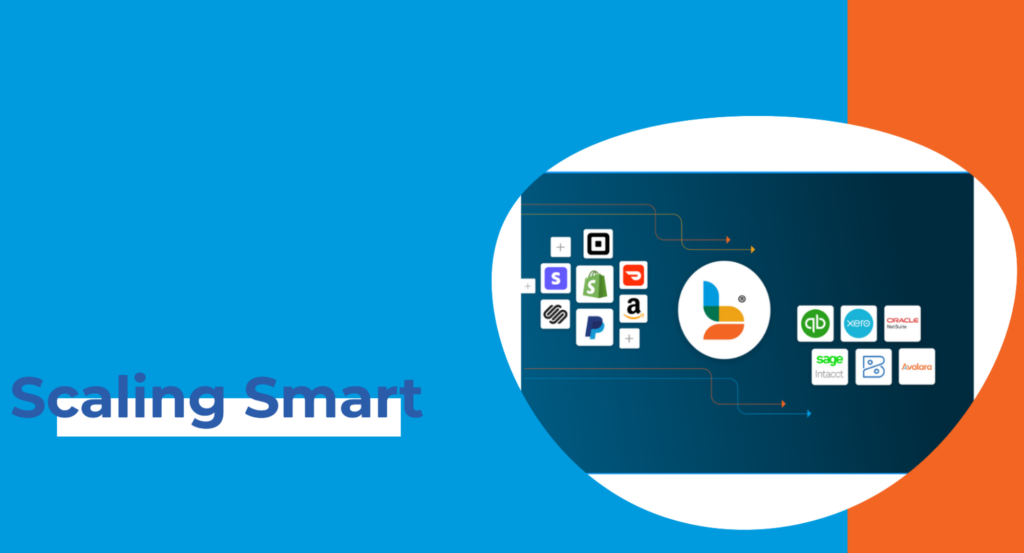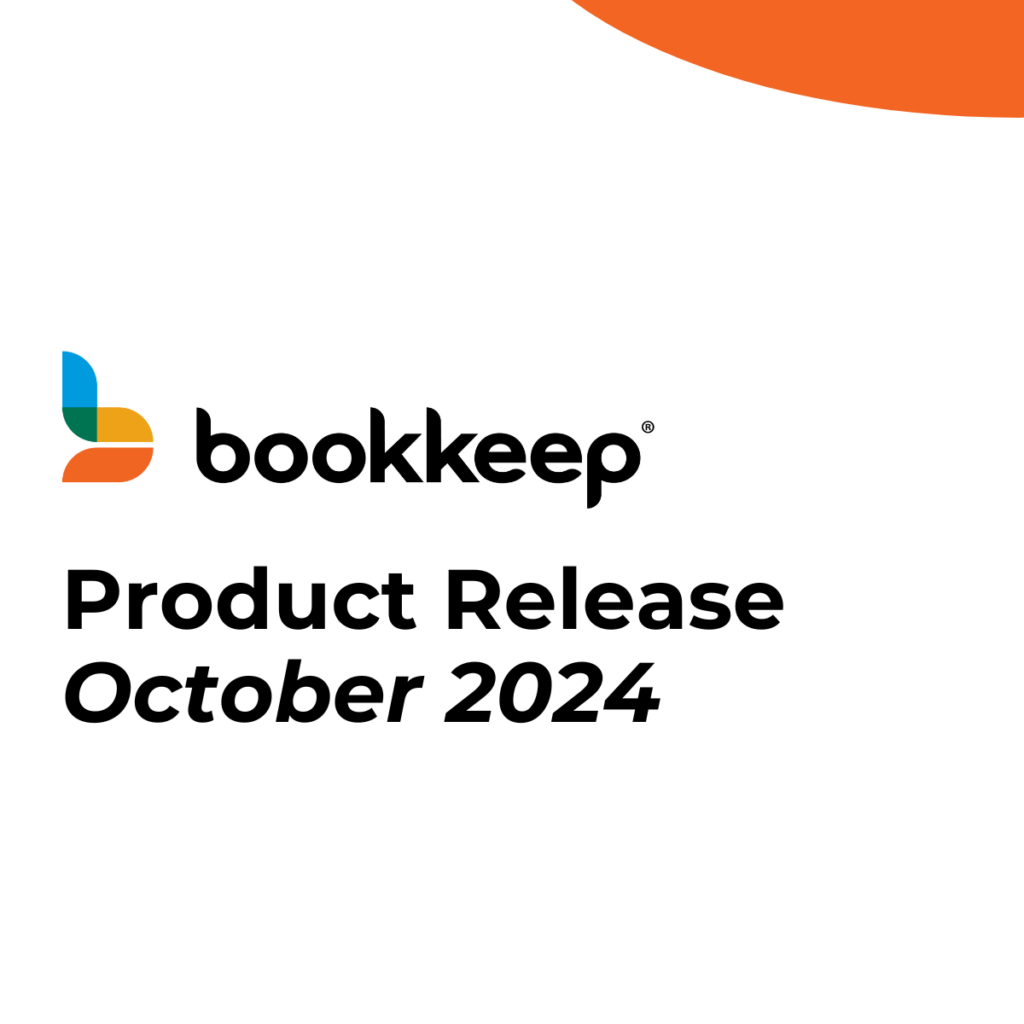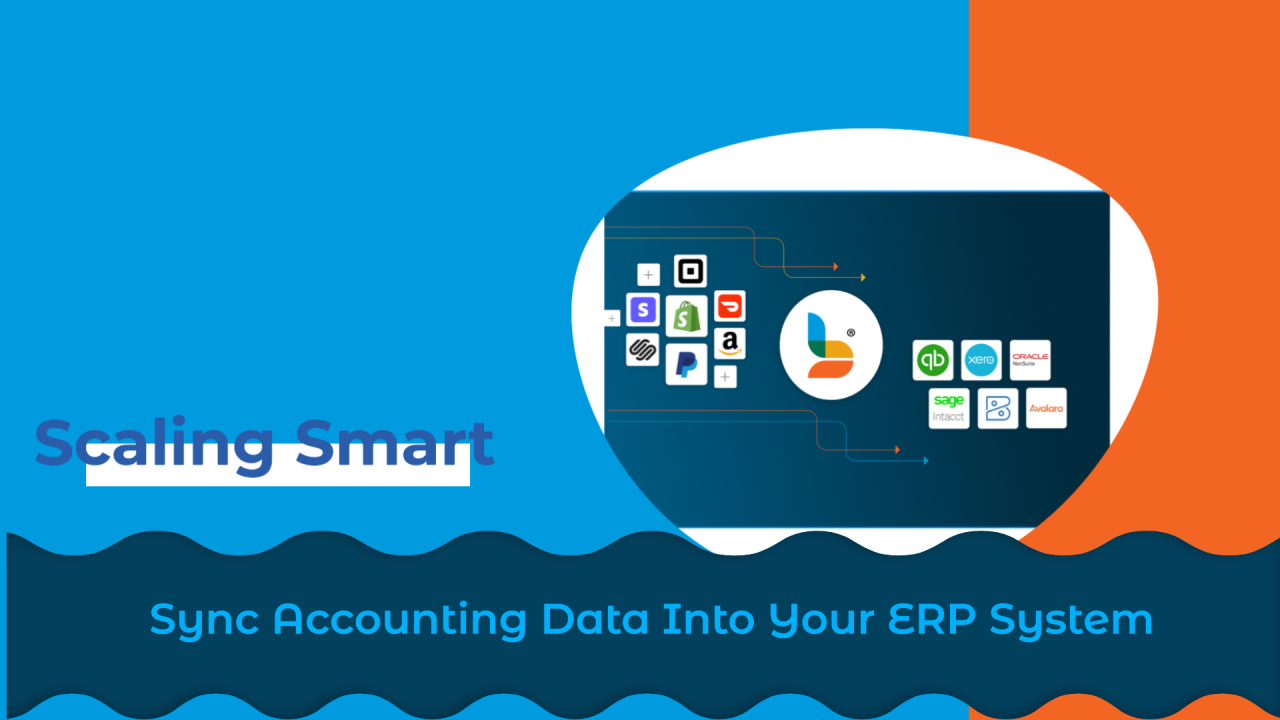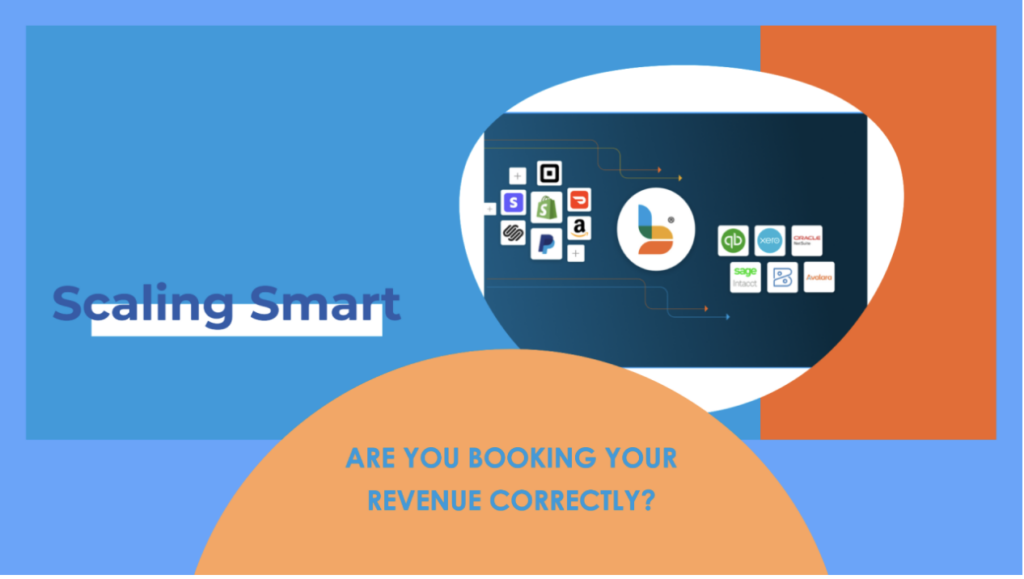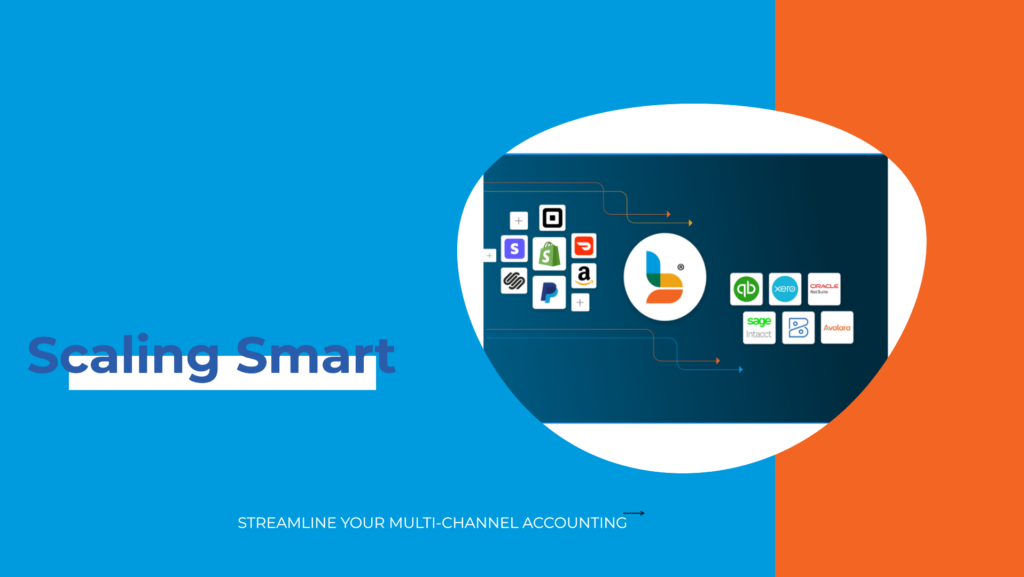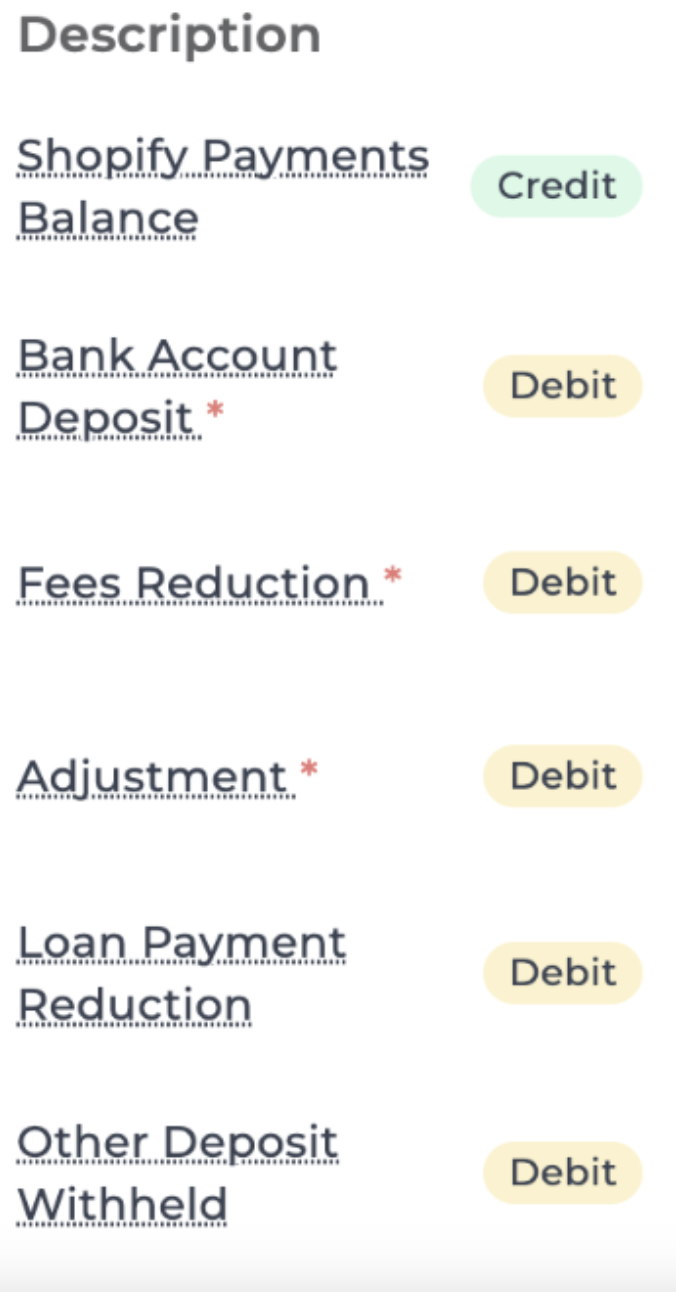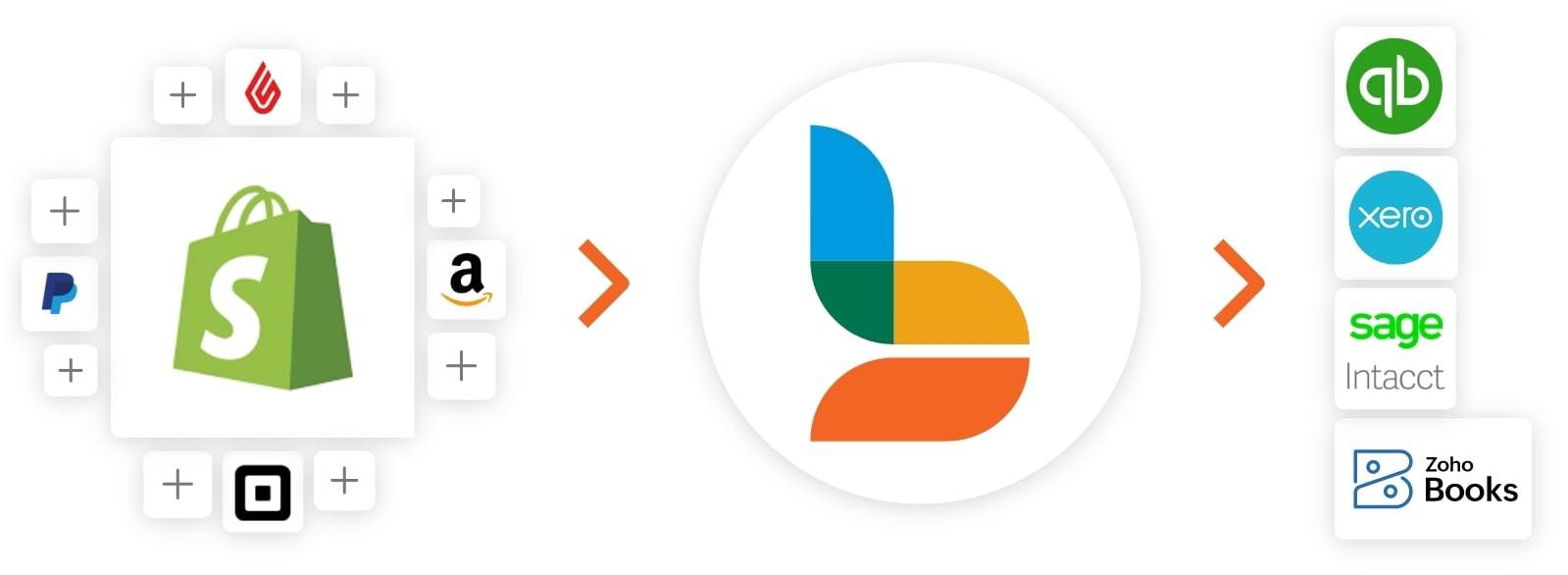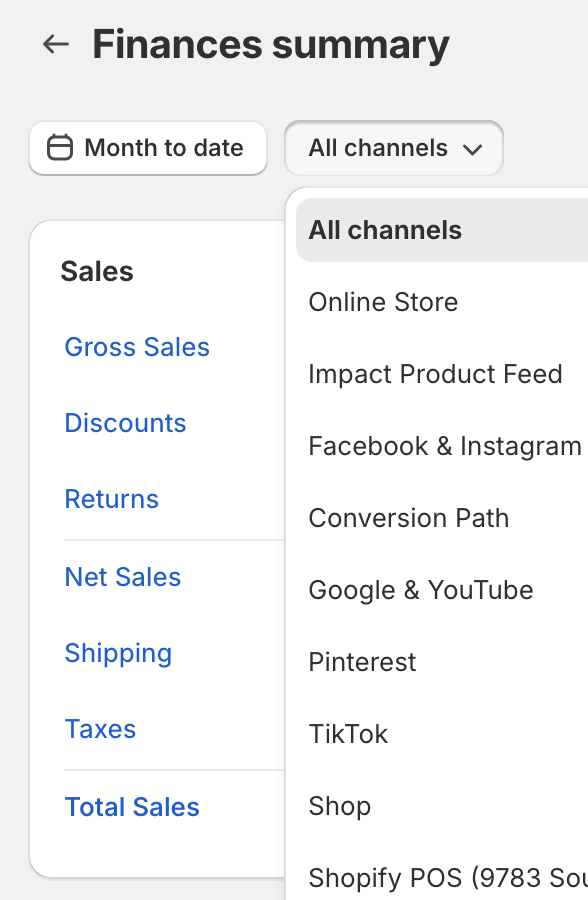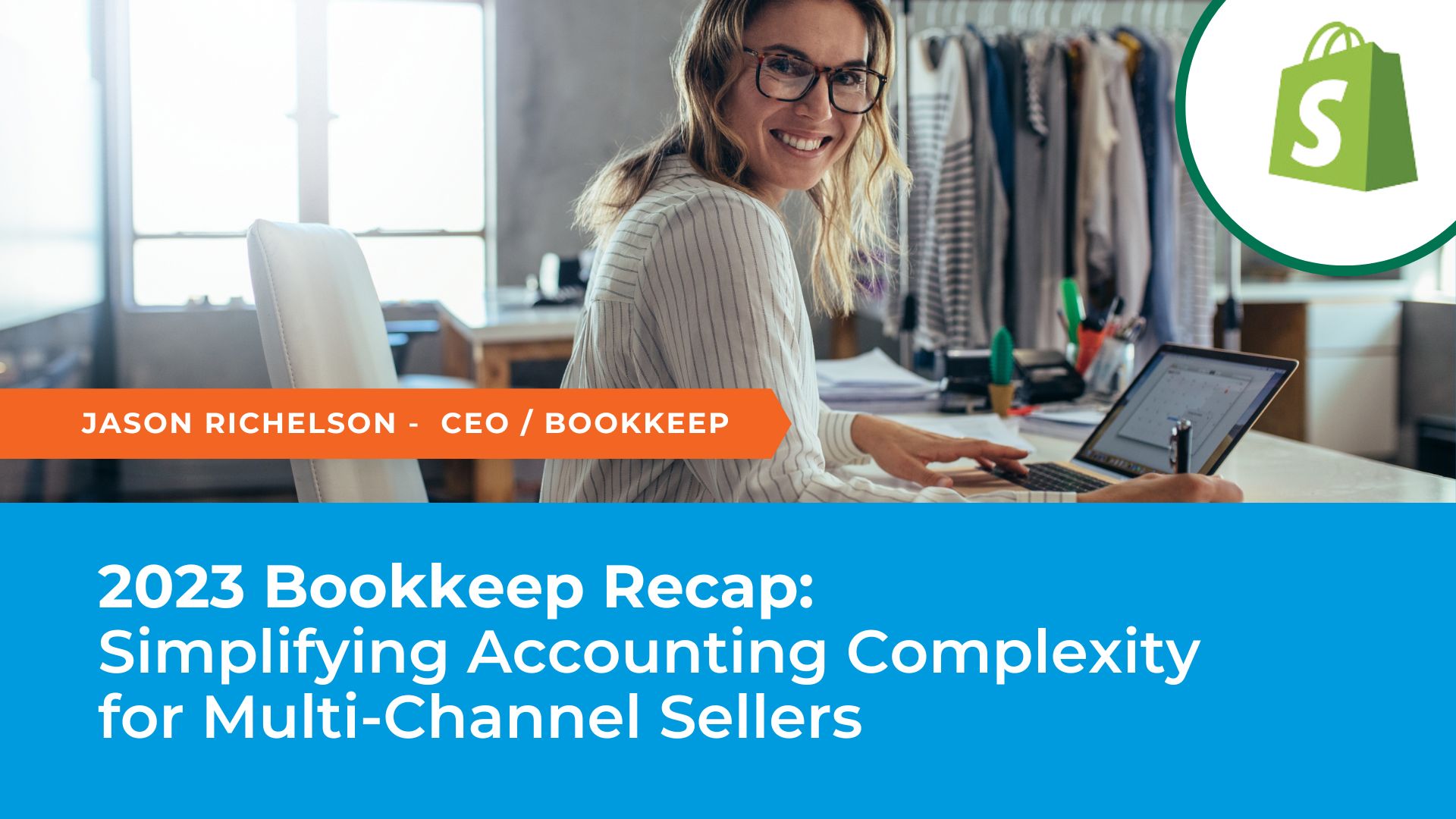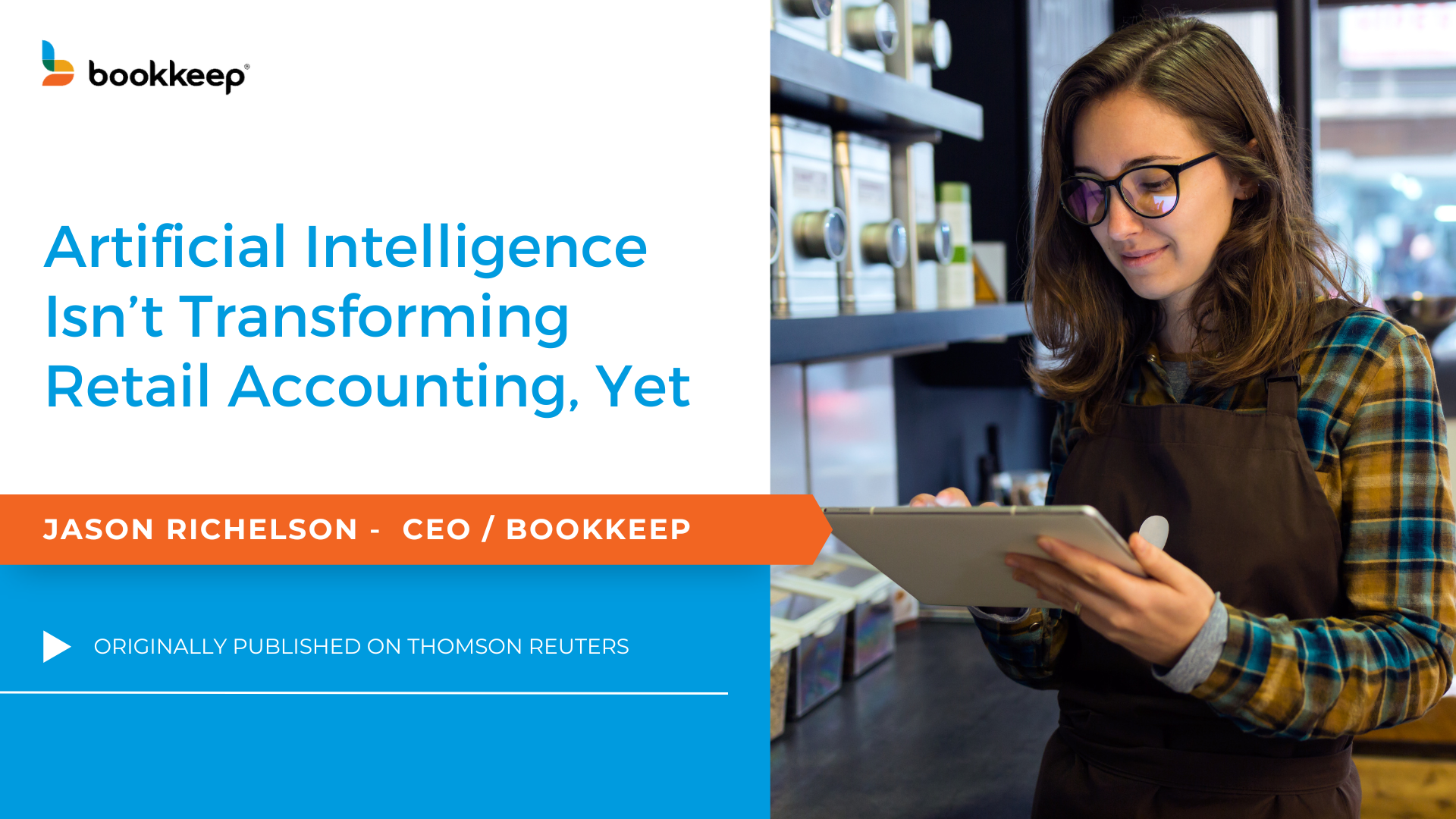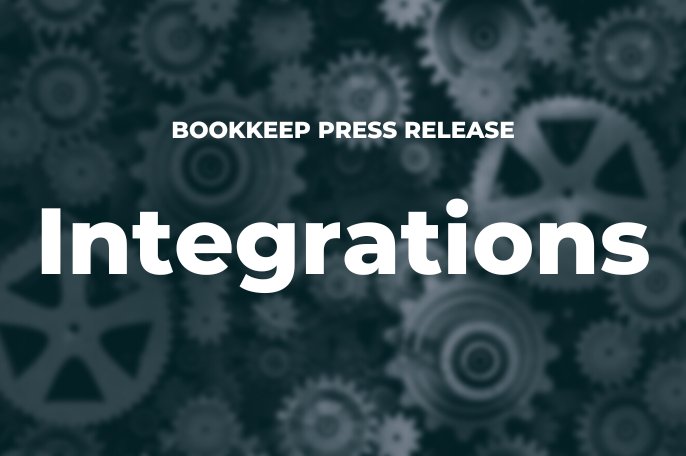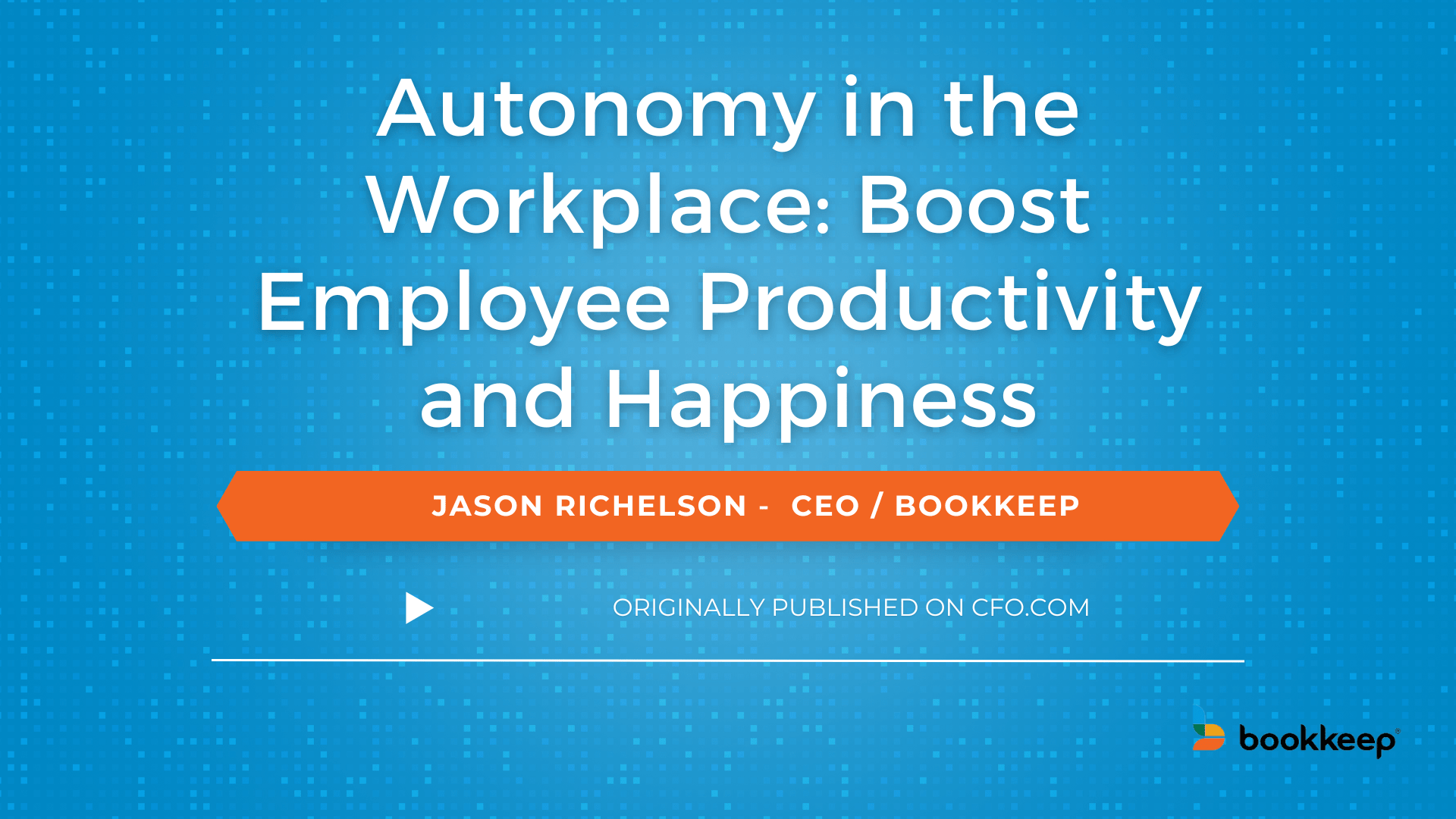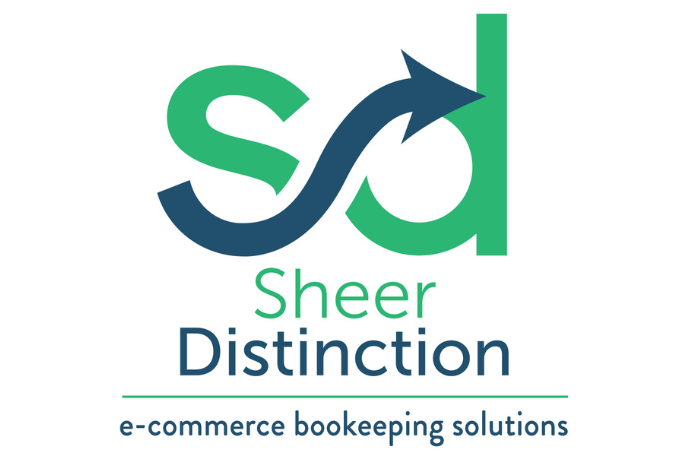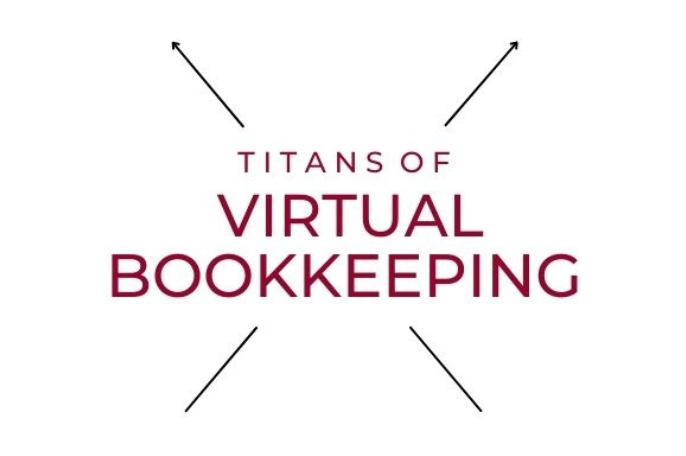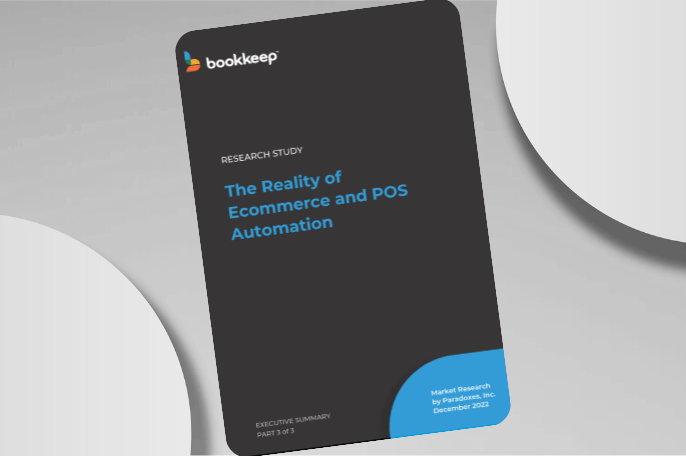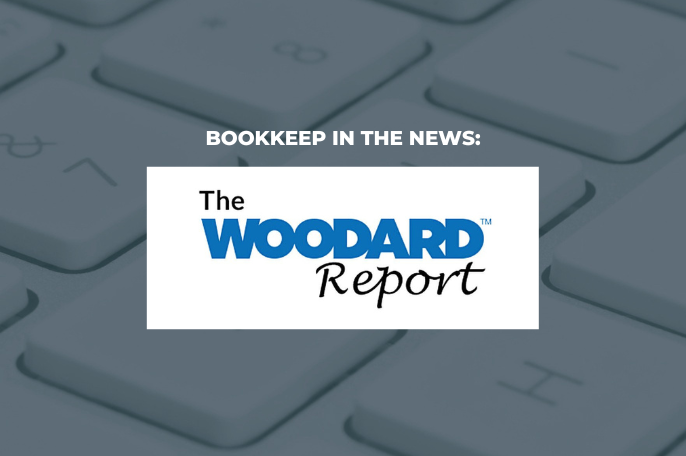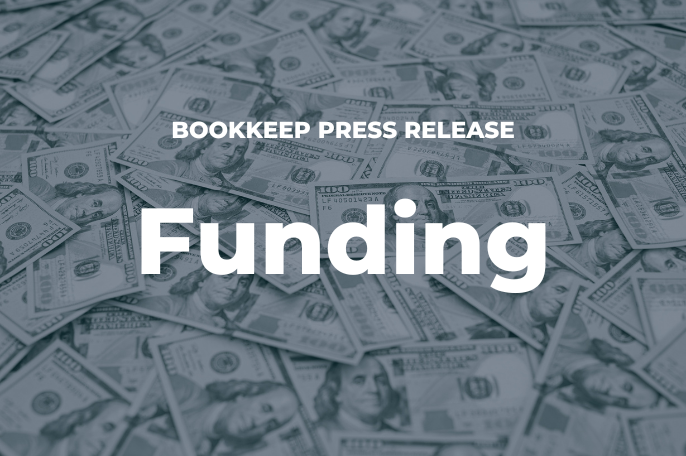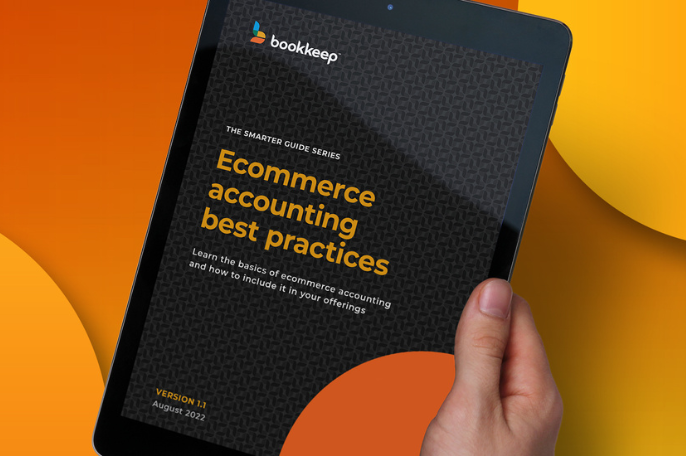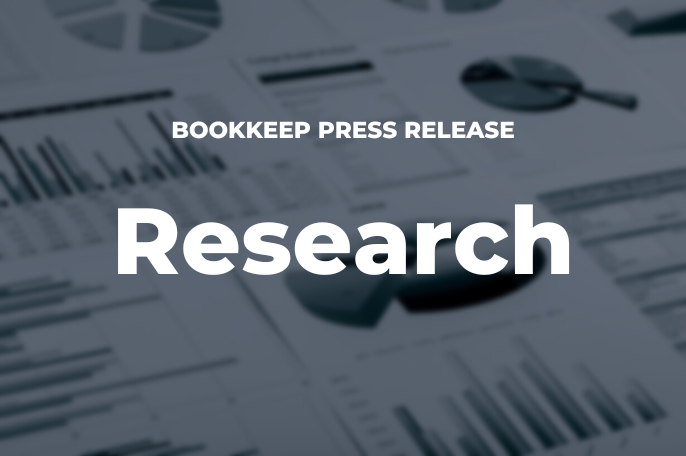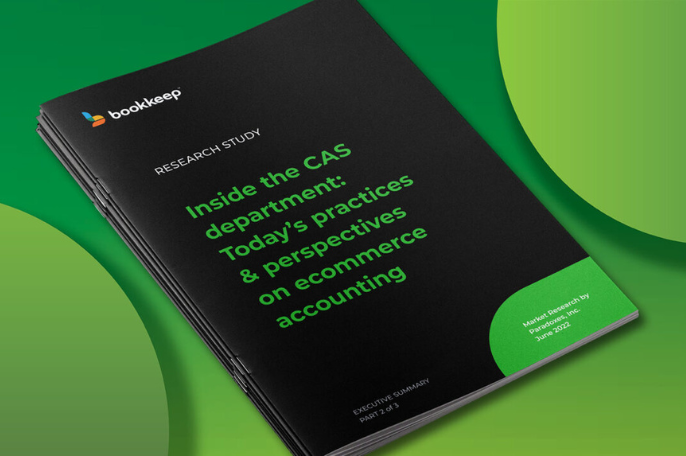Blogs
A deep dive into Square to QuickBooks integration
One of the most frequent questions we get regarding Square QuickBooks integration is: “Does QuickBooks integrate with Square?” The short answer is yes . But ...
April 14, 2021
0
min reading time
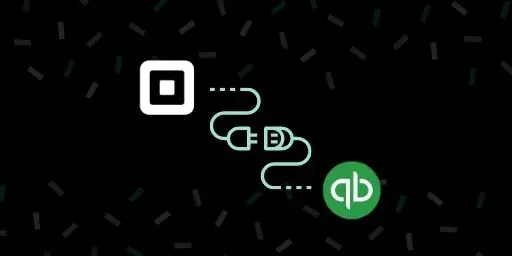

Blogs
One of the most frequent questions we get regarding Square QuickBooks integration is: “Does QuickBooks integrate with Square?” The short answer is yes. But the real question is: How does the integration work?
The most efficient way to sync Square to QuickBooks.
What’s important is finding the most efficient way to sync Square to QuickBooks to account for each component of your business correctly.
If efficiency is important, then using an integration app is the easiest way to go. When choosing a Square QuickBooks integration app, here are the key features to look for:
- Does the integration keep the data from Square to QuickBooks clean?
- How does the integration handle reconciliations for Square Payouts, Deposits, and Processing Fees?
- Is the integration set up to easily record liabilities like sales tax, tips, and gift cards?
- Is it easy to install and come with accessible customer support?
Let’s take a closer look at each one in detail.
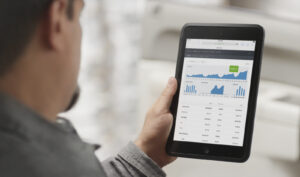
Does the integration keep the data from Square to QuickBooks clean?
When syncing data from Square to QuickBooks Online, what you don’t want to do is import every single order into QuickBooks. This means you don’t want an app that transfers data between the two.
Why?
It’s the fastest way to clutter QuickBooks and slow down your reporting to a snail’s pace. Just imagine having to sort through thousands of orders when you need to troubleshoot—it’s impossible!
A typical cafe can expect to sell 500 coffees a day, that’s 15,000 orders each month! This level of detail is just not necessary for financial reporting purposes. We recommend keeping the details in Square, leaving your QuickBooks to do what it’s meant to do. Look for an app that can summarize Square sales data and only post one journal entry into QuickBooks each day. This will keep your financials up to date and make month-end closing a breeze.
How does the integration handle reconciliations for Square Payouts, Deposits, and Processing Fees?
You may be surprised to learn that what you expect from Square is not what gets deposited into your bank account. The missing chunk is the processing fees that Square deducts from the deposit. And if you took out a loan from Square Capital, Square will deduct loan payments from your sales before you even see your money.
A good integration app should automatically break these fees out for you and book them to the correct accounts in QuickBooks. You’ll be able to “match” the deposit in your banking feed, eliminating the need for you to log into Square to get them.
As a tip, it’s a common mistake to book deposits as revenues... but a deposit is not revenue.

Is the integration set up to easily record liabilities like sales tax?
Liabilities are what you owe others. It’s money that doesn’t belong to you and shouldn’t be used to run your business. A bookkeeping-centric integration app will surely break this out appropriately and book them as liabilities.
Liabilities include merchant processing fees, tips, gift cards, etc. But the sales tax is indisputably the most important one. Businesses are required by law to collect sales tax on behalf of the government and remit them to the government. You can’t use it to pay your employees, buy food or bar inventory or pay any other expenses.
In fact, we recommend you set up a separate bank account for sales tax if you haven’t done so already. Use this account to set aside a daily transfer of the amount of sales tax you collected through Square. When you file your sales tax return, you’ll be able to remit the payment from this account easily.
Is it easy to install and come with accessible customer support?
There are many apps in the marketplace that sync Square data to QuickBooks Online, but few of them will actually reconcile your numbers for you. It also doesn’t help that the setup process is often quite technical, leaving most users worse off than initially.
With that in mind, you’ll want to consider each app’s setup process and access good customer support.
Choosing the right integration app
If seamless bookkeeping is essential to you, you can’t go wrong with an app that has you covered on all of the above. With bookkeep.com’s integration apps, you’ll get all of the above and more.
With that in mind, you’ll want to consider each app’s setup process and access good customer support. If seamless bookkeeping is essential to you, you can’t go wrong with an app that has you covered on all of the above.
With Bookkeep, you’ll get all of the above and more.
Bookkeep will do all of the functions above, like reconciling your payouts automatically. It’s straightforward to set up, and our state-side customer support center is readily available to help you get started.
Here are multiple ways you can learn more.
From the Intuit app store:
- QuickBooks Daily Summary
(syncs Shopify to QuickBooks Online or Xero)
From the Shopify app store:
- QuickBooks Daily Summary Sync
(syncs Shopify to QuickBooks Online or Xero)
SEE HOW EASY IT IS WITH BOOKKEEP

%201.svg)



